Tired of constantly battling dog hair tumbleweeds? You’re not alone! Many dog lovers are searching for companions that offer all the joy of dog ownership without the endless shedding. Luckily, there are plenty of delightful small dog breeds that fit the bill. From truly non-shedding pups to those that shed minimally, this guide will introduce you to some of the best dogs that stay small and don’t shed, helping you find the perfect furry friend for your home.
Affenpinscher: The “Monkey-Like Terrier”
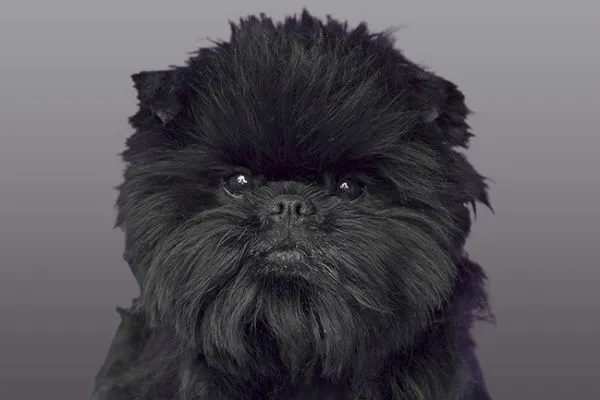 Affenpinscher
Affenpinscher
Don’t let the Affenpinscher’s small size fool you; this breed is intelligent and fearless. “Affenpinscher” translates to “monkey-like terrier” in German, and their playful antics and expressive faces certainly live up to the name. This Toy breed sheds very little and boasts a wiry coat with almost no doggy odor. A simple brushing twice a week is enough to maintain their shaggy-yet-neat appearance. If you are looking for best small dogs to own that don t shed, the Affenpinscher might be your choice.
Basenji: The “Barkless” Hound
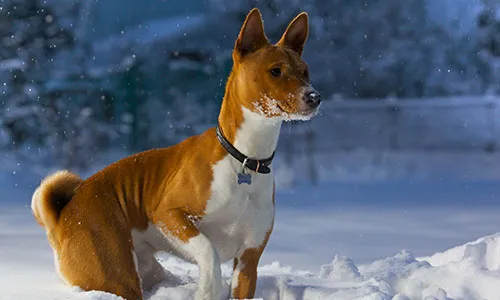 Basenji
Basenji
If you appreciate the charm of hounds but dislike their shedding and odor, the Basenji is an excellent choice. These dogs shed minimally, thanks to their short, fine coat that only needs occasional brushing. Basenjis are also known for being remarkably quiet, making them ideal apartment dogs, provided they receive sufficient daily exercise and playtime. They are truly small companion dogs that don t shed that can adapt to apartment life.
Bichon Frise: The Powder Puff
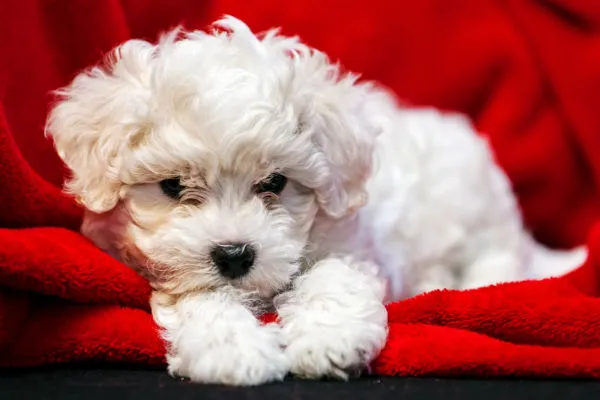 Bichon Frise
Bichon Frise
The Bichon Frise is a quintessential non-shedding breed. These playful and affectionate dogs are often recommended for people with allergies. However, their beautiful, fluffy white coat requires significant upkeep. Regular grooming, frequent brushing, and occasional baths are essential to keep their “powder-puff” look pristine.
Bolognese: The Fluffy Lapdog
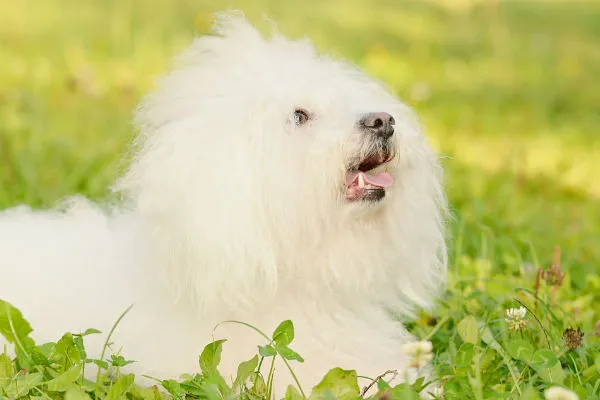 Bolognese
Bolognese
Similar to the Bichon Frise, the Bolognese has a fluffy coat composed of hair rather than fur. These dogs don’t shed, but regular brushing is needed to remove dead hair and prevent mats. Daily grooming is crucial to keep these lovable lap dogs looking their best.
Brussels Griffon: Small Dog, Big Personality
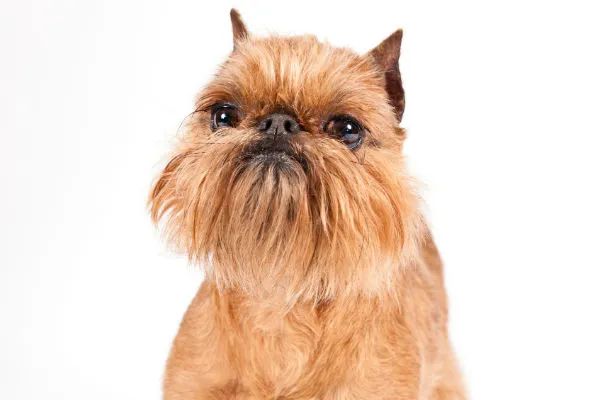 Brussells Griffon
Brussells Griffon
Despite their small stature, Brussels Griffons are sturdy and don’t require excessive pampering. Both smooth-coated and rough-coated varieties are minimal shedders and thrive with regular grooming. A daily walk and indoor playtime are typically sufficient to meet their exercise needs.
Chinese Crested: Hairless Wonder
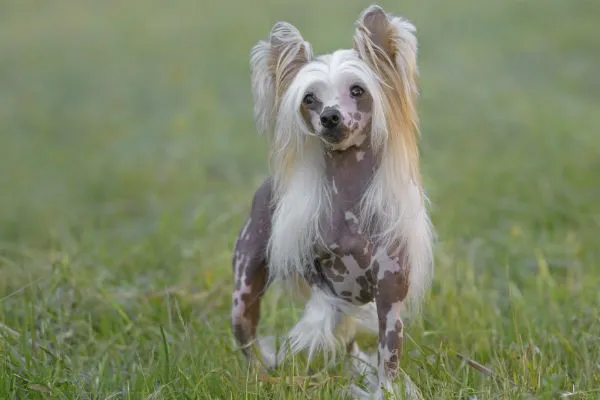 Chinese Crested
Chinese Crested
For those who want to avoid shedding altogether, the Chinese Crested is a unique option. This breed comes in two varieties: hairless and powderpuff. Hairless Chinese Crested have hair only on their head, tail, and feet, while the powderpuff is covered in a soft coat that sheds very little. Hairless dogs need extra skin care, including protection from sun and cold.
Coton de Tulear: The “Cotton Dog”
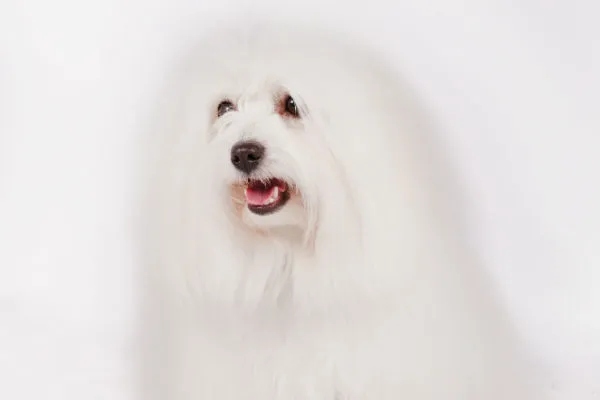 Coton De Tulear
Coton De Tulear
The Coton de Tulear boasts a long, fluffy coat that is considered hypoallergenic, making it a great choice for allergy sufferers and those seeking a small, non-shedding dog. Daily grooming is required to keep their coats in top condition, but their gentle and playful personalities make the effort worthwhile.
Havanese: Cuban Charmer
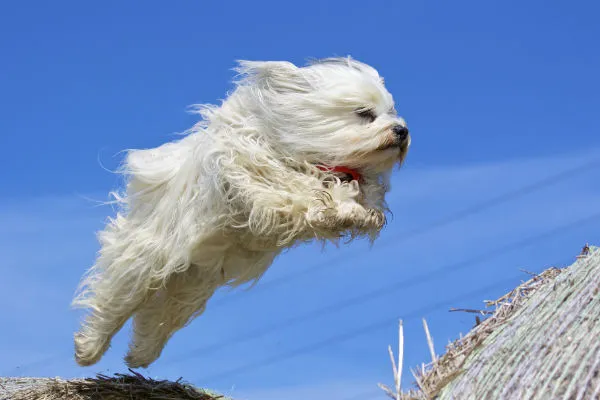 Havanese
Havanese
These native Cuban dogs are known for their spunky charm and low-shedding coats. Weekly brushing and regular baths are needed to keep their coats clean and healthy, allowing you to spend more time playing and less time cleaning.
Maltese: Ancient Lapdog
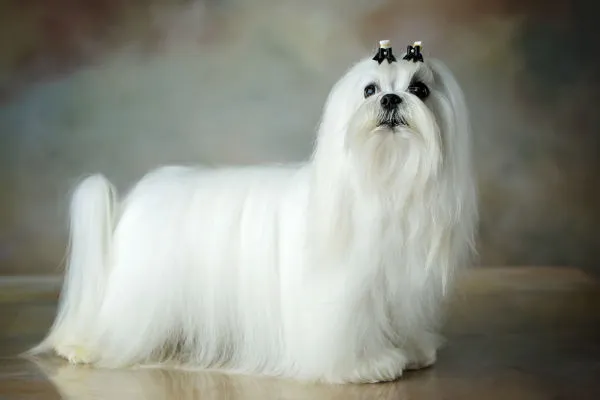 Maltese
Maltese
Maltese dogs have been charming humans for millennia, and their long, white coats shed very little, making them ideal companions. Regular brushing is essential to prevent mats, and occasional baths will keep their silky hair clean and bright.
Lhasa Apso: Tibetan Companion
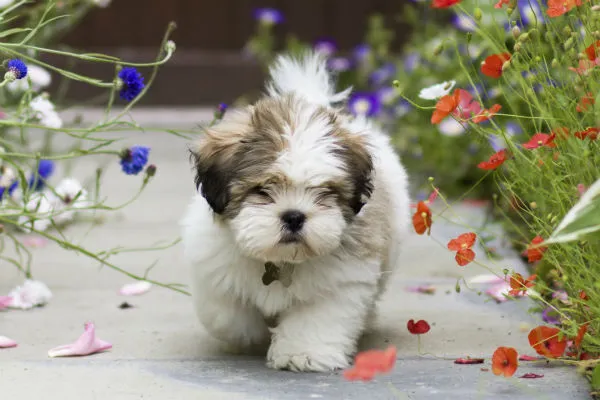 Lhasa Apso
Lhasa Apso
This small dog breed from Tibet makes an excellent companion. Calm yet playful, the Lhasa Apso enjoys walks and relaxing with its owner. They don’t shed, but their long coats require maintenance. Many owners opt for a “puppy cut” to reduce grooming needs. You might like best small dogs to own that don t shed like Lhasa Apso.
Miniature Schnauzer: Smart and Adaptable
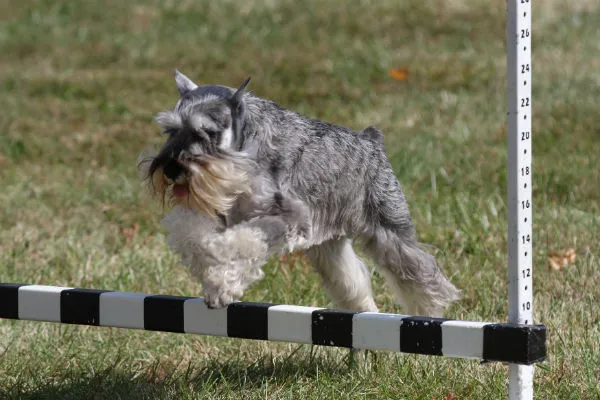 Miniature Schnauzer
Miniature Schnauzer
The Miniature Schnauzer is an intelligent, trainable, and cheerful dog that sheds very little. Their adaptability makes them suitable for both city and country living. Weekly brushing and regular grooming are needed to keep them looking their best.
Poodle: The Intelligent Choice
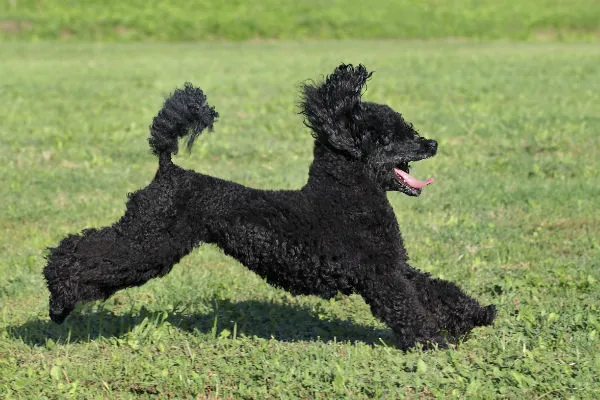 Poodle
Poodle
Poodles are often the first breed that comes to mind when considering non-shedding dogs. Miniature and Toy Poodles offer the same qualities as Standard Poodles but in a smaller package. All Poodles are highly intelligent and easy to train, but their curly coats require regular grooming.
Scottish Terrier: Bold and Confident
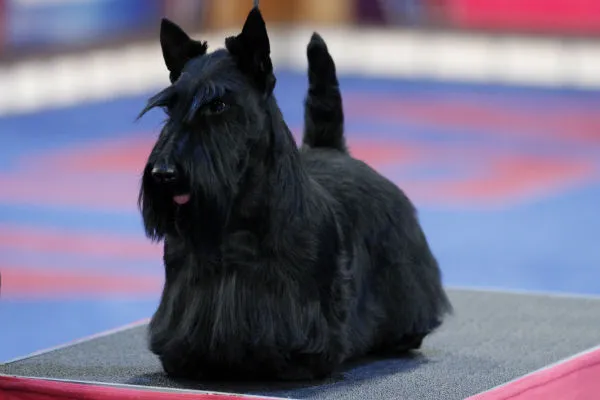 Scottish Terrier
Scottish Terrier
The Scottish Terrier, or Scottie, is known for its boldness and big personality. Their wiry, weather-resistant coat sheds very little, but regular brushing, grooming, and occasional hand-stripping are necessary to maintain its health and appearance.
Shih Tzu: The “Little Lion Dog”
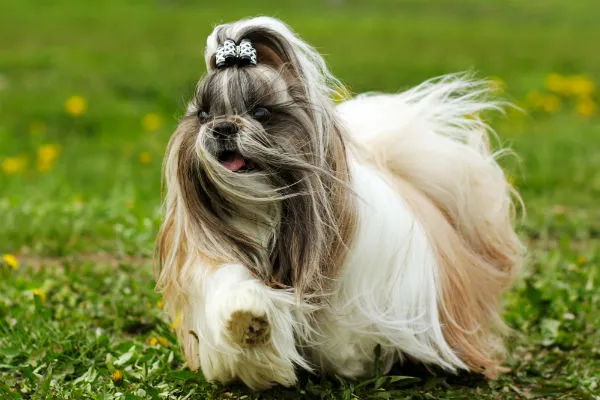 Shitzhu
Shitzhu
The Shih Tzu, favored by Chinese royalty, has a long, silky coat that sheds very little. Regular brushing is essential to keep their coat looking regal. This Toy breed is sturdy and lively, with a gentle and trusting nature. If you are looking for small companion dogs that don t shed, this breed is right for you.
West Highland White Terrier: Happy and Entertaining
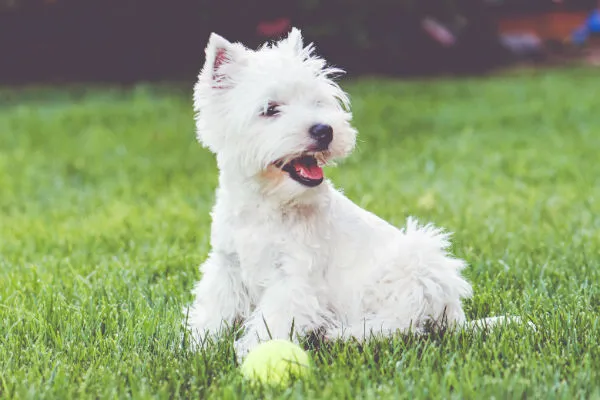 West Highland Terrier
West Highland Terrier
The West Highland White Terrier, or Westie, has a coarse, white coat that sheds very little. This intelligent and loyal dog is known for being happy and entertaining. They are curious dogs with moderate energy levels, but training can be a challenge due to their independent streak.
Xoloitzcuintli: Ancient and Tranquil
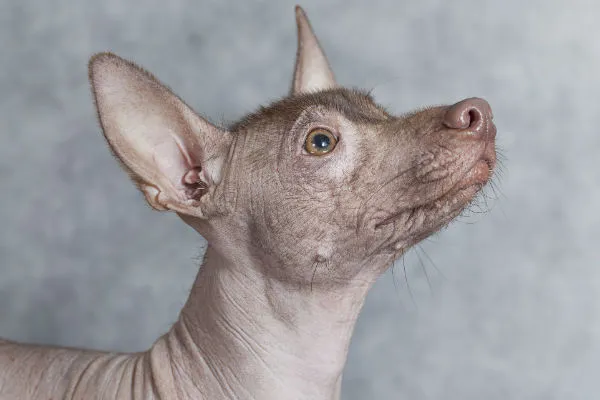 Xolo
Xolo
Also known as the Mexican Hairless, the Xoloitzcuintli can be hairless or coated. Hairless varieties have some hair on their heads, while the coated variety has a short, fine coat that sheds minimally. Hairless Xolos need extra skin care.
Yorkshire Terrier: Sprightly and Affectionate
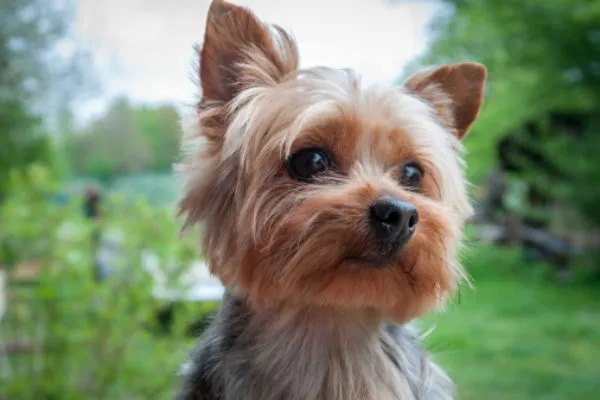 Yorkie
Yorkie
The Yorkshire Terrier, or Yorkie, is a popular Toy breed known for its spunky personality. They don’t shed, and their silky coats are beautiful when brushed daily.
Choosing Your Low-Shedding Companion
The Terrier group is full of small dogs that don’t shed or shed minimally. Wiry- and coarse-haired Terriers shed less than other breeds, making them ideal for people who dislike excessive shedding.
Remember, even non-shedding dogs require regular grooming and care. Research different breeds to find the perfect match for your lifestyle and personality. Always choose a responsible breeder, provide a high-quality diet, and schedule regular veterinary checkups to ensure your dog’s health and happiness.
